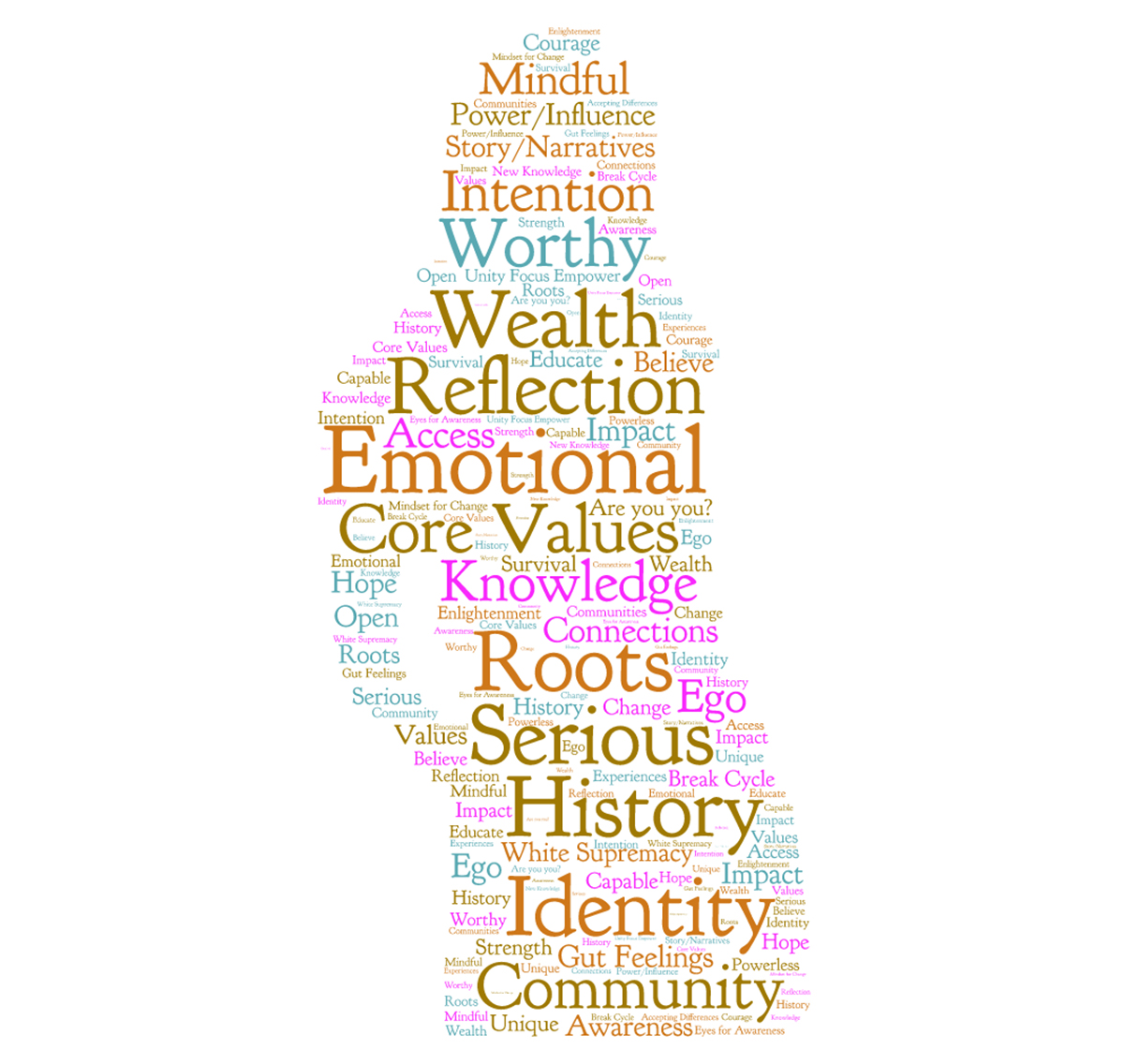Boston Public Schools Launched a New Diversity Program

Photo via iStock.com/Wavebreakmedia
The Boston Public Schools’ teaching staff does not adequately reflect the diversity of its student body—and the kids are noticing.
“I’ve had students say to me, ‘Miss, why don’t I have teachers of color in my school, or in my English class, or in my math class?” Jane Skelton shares.
Skelton is the head coach for the Women Educators of Color (WEOC) Executive Coaching Program, a recently announced initiative that seeks to engage and retain female educators of color.
“We’re telling students that education is opportunity, so we are committed and responsible for showing them that we stand behind that concept and that we create those opportunities.”
WEOC is just one example of the school’s commitment to developing those opportunities, following a 2014 initiative directed at male educators of color. The women’s program will last for 15 months and incorporate graduate level courses on leadership development and organizational problems of practice, individualized executive coaching, and small group meetings. The measures will provide promising women with the mentorship they need to advance in school leadership positions. Twenty women with at least three years of background in the Boston Public School system have been selected based on an application process, and are now learning from some of the BPS’s most talented leaders of color or instructors from UMass Boston, which is sponsoring the program.
“To grow this potential in myself, and this ability to serve my kids in a different way, and a larger population of kids—it was something I just couldn’t pass up on,” says Jennifer Aponte, a WEOC participant and K1 teacher.
Thelma DaSilva, a fellow WEOC participant, shares Aponte’s excitement. “I’m hoping to learn from leaders as a woman of color in the district. I do hope to one day serve as a leader at the school level,” DaSilva says.

Provided by the Women Educators of Color Program
The Educators of Color programs address the disparity between the racial makeup of the student body and of the faculty. According to data shared in 2014, while 86 percent of Boston Public School (BPS) students identify as black, Latino, or Asian, only 37 percent of their teachers are people of color. The numbers are even more extreme for the Latino population specifically; Latinos make up 40 percent of Boston Public School students and 10 percent of teachers.
A 1985 Court Order mandated that BPS maintain a minimum of 25 percent black teachers and 10 percent teachers from other minority groups, to ensure that the faculty reflected the diversity of the students. Today 16 percent of BPS teachers are either Asian or Latino, but over 30 years later and despite a large increase in the percentage of black students, BPS still employs below the minimum of the 1985 mandate, currently with only 21 percent black teachers.
Executives across Boston leadership recognize the importance of a diverse faculty. “When our workforce is representative of our students’ cultures and ethnic backgrounds, our students can see themselves being future educators, doctors, lawyers, artists, and more,” Superintendent Tommy Chang says in a statement.
Mayor Marty Walsh also voiced his support of the school system’s efforts in a press release: “We must continue to ensure that diversity is our main goal, structurally, within the hiring and recruitment process.”
Skelton, who leads WEOC’s coaches, agrees, emphasizing that diversity extends beyond numbers. “I think it’s important that we’re creating an environment where being a teacher of color at Boston Public Schools means that your voice matters, that you are growing professionally and personally,” she says. “We need to rename this concept of diversity that sometimes means ‘the other.’”
“We need to make sure that we’re really deliberate about how we represent the demographics of the district,” WEOC coach Beatriz Zapater says.
Despite efforts to create a more diverse faculty, Boston is still lagging behind its goals, struggling to retain faculty of color. Aponte explained why these educators might leave in one word: “voicelessness.” Even she worries about the real impact her work has, especially when it feels like the administration isn’t listening. “You push through it. You put your head down, and you do what you can for these kids, but that wears on you because you can only influence them for so long,” she says. “You can’t do this in the long haul if you’re not doing something that’s impactful in a greater way.”
WEOC is Aponte’s opportunity to make that greater impact. As a part of the program, each woman will research a problem in the Boston Public School System along with possible solutions. Aponte will research ways to improve school culture, and DaSilva will research cultural competency, which to her means “the ability to provide services to our families and staff with diverse values, beliefs, behavior.”
Director of Diversity Programs in the Boston Public School’s Office of Human Capital Ceronne Daly is excited to see where the women’s research leads them—for their personal growth and for the benefit of the district as a whole. “I have no idea what the twenty problems of practice will end up being, but I guarantee they’re going to be well-researched, I guarantee they’re going to be very thoughtful, and I guarantee they’re going to impact our students and our district.”
With opportunities like this, Boston has already made progress toward the goal of a more diverse faculty. It’s worth noting that the city’s 37 percent teachers of color is far ahead of the national average of 17 percent.
Aponte hopes that WEOC will advance this cause even further. “To do this kind of work for the students and the families that we serve, we need a strong network, we need support from other strong women, and we’ve found it,” Aponte says. She says she is amazed by the progress she and her group have already made and is touched by the stories she’s heard. For example, one of the coaches shared her experiences working in BPS during the busing crisis, leaving Aponte in awe. MEOC head coach Carroll Blake shares that for the men in last year’s MEOC cohort, the conversations and connections were so valuable that the group of men continues to meet independently.
Coaches benefit from solidarity as well. “I really relish the opportunity to be a part of providing a safe environment for women to help them during those times that they are stumbling and as they move forward in their ability to lead and as they develop all those skills,” WEOC coach Muriel Leonard says.
“I believe this program is going to develop such change agents and such difference makers. I am really proud and honored to be on the school committee during this time,” Regina Robinson, member of the Boston School Committee since 2015, says.
Many involved echoed her proud anticipation. Forward-looking initiatives to create an equitable and diverse learning environment? Pride sounds about right.


